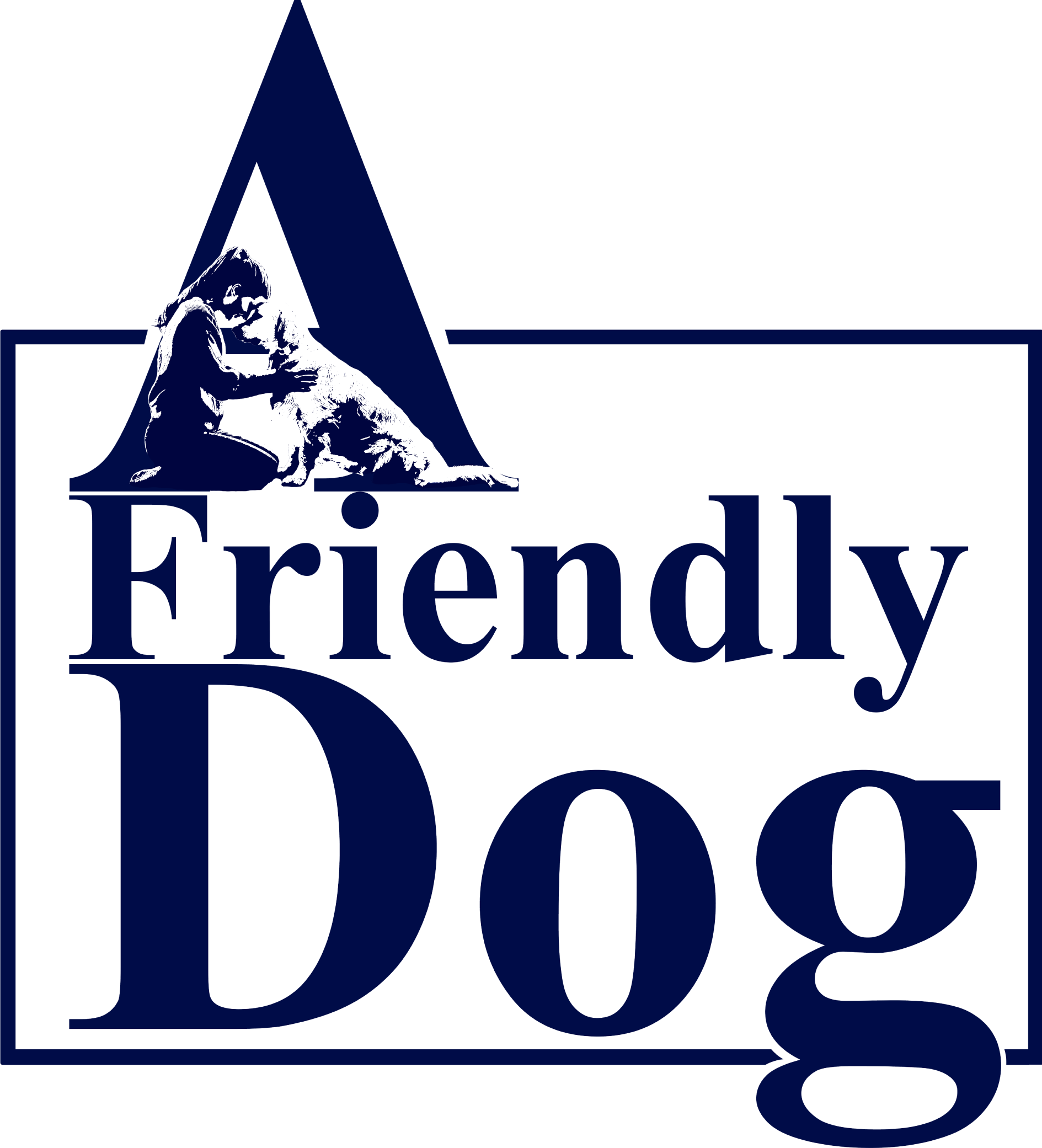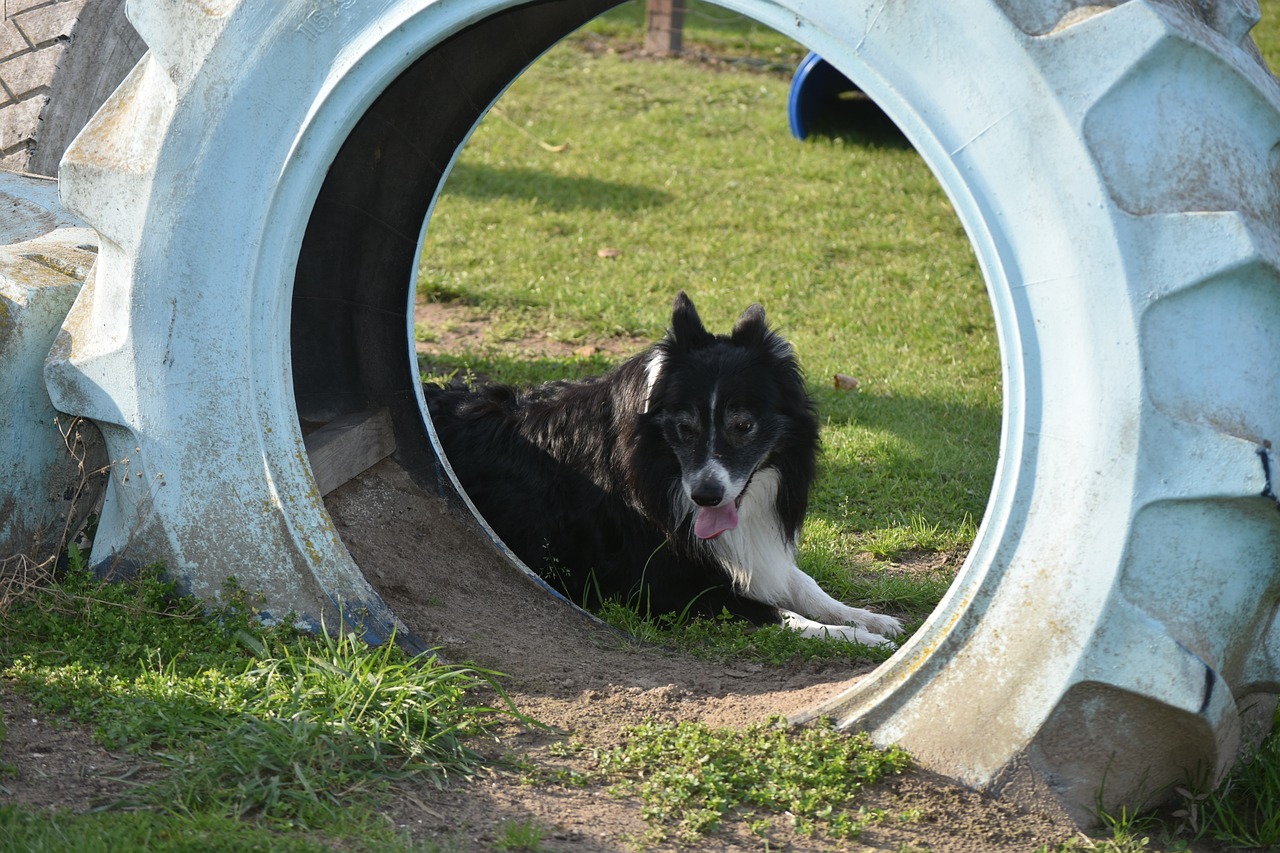Congratulations on rescuing an adult dog! You’re one of the fortunate individuals who will discover the incredible joy of providing a loving home to an adult, special needs or senior dog.
Just like puppies, adult dogs form strong bonds and the great news is that housetraining is often much easier for them.
There are several reasons why an older dog may not be house trained:
1. They may have never received any training.
2. They might have never lived indoors before.
3. They may have spent a significant amount of time in an environment where they could only relieve themselves on concrete, paper in a pen, or bedding in a crate.
4. Senior dogs may prefer having an indoor bathroom option.
The ability of adult dogs to “hold it” for longer periods of time makes the housetraining process easier compared to puppies. However, it’s important not to force them to hold it for too long. Provide plenty of opportunities for them to learn by frequently taking them outside to the designated spot. Reward their successful bathroom breaks with treats and praise.
Establishing a consistent routine is crucial for adult dog potty-training. Feed them meals at regular times and pick up the food dish 10 to 15 minutes after serving, whether it’s empty or not. Avoid free-choice feeding where food is available at all times. This routine will help regulate their system. When taking them outside, use a leash and accompany them instead of simply letting them out into the yard alone.
It’s not uncommon for dogs to have accidents indoors shortly after being outside. They’re not trying to annoy you; they may just need a little extra time to explore, exercise, and familiarize themselves with the surroundings before relieving themselves. The more opportunities they have to go outside, the quicker they’ll learn what’s expected of them.
Make sure to take them out first thing in the morning, after meals, a few times throughout the day, and before bedtime. If they don’t eliminate, bring them back inside and place them in their crate for 10 minutes before trying again. If they haven’t been eliminated, do not let them roam freely indoors.
When it comes to house training, the crate is an amazing tool. Whenever you can’t keep an eye on your dog, it’s best to have him in a crate, pen, or a smaller room with a baby gate. Alternatively, you can keep him close to you using a leash. As time goes by, you can gradually give him a little more freedom, like 10 or 15 minutes after he goes potty outside. Accidents may happen, but remember not to punish your dog.
If you scare or punish him, he might become afraid to go potty in front of you and will find a hidden spot to do it. If you catch your dog having an accident, say something to get his attention, but avoid yelling or making a loud noise that might frighten him. Then, take him outside immediately so he can finish. Clean up using an enzyme cleaner and try to pay closer attention to your dog’s behavior.

